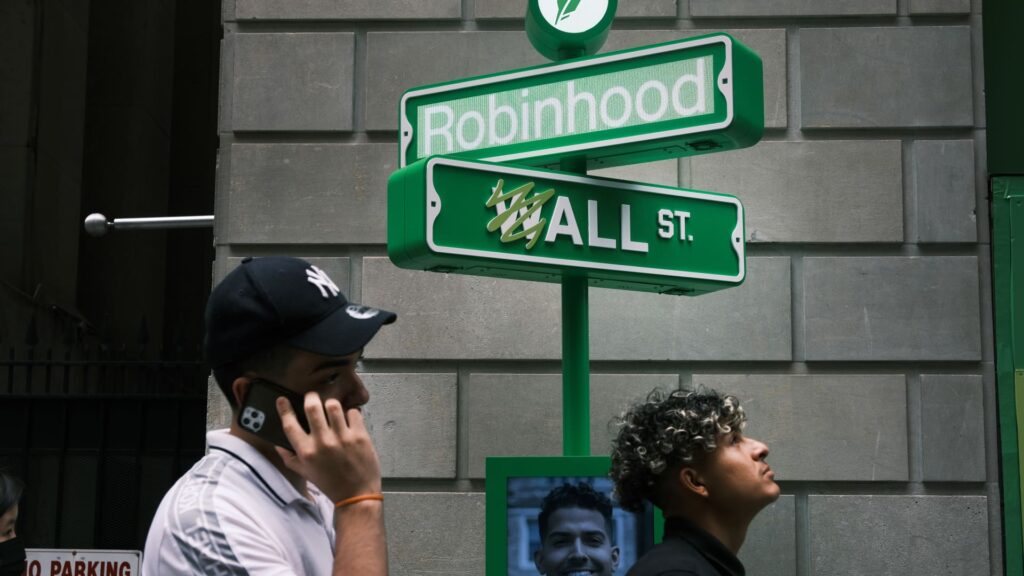Spencer Platt | Getty Images
Individual investors, whose assets are more tied to the stock market than ever, have abandoned their tried-and-true dip-buying mentality as the S&P 500 recently fell into a painful, 10% correction.
Retail outflows from U.S. equities rose to about $4 billion over the past two weeks as tariff chaos and mounting economic concerns caused a three-week pullback in the S&P 500, according to data from Barclays. During March’s sell-off, 401(k) holders have been aggressively trading their investments, to the tune of four times the average level, according to Alight Solutions’ data going back to the late 1990s.
“If people were trying to buy the dip and get their stocks on sale, maybe you would see people actually buying large-cap equities. But instead we see people selling from large cap-equities,” said Rob Austin, director of research at Alight Solutions. “So this does appear to be a bit of a reactionary trading activity.”
The increased selling came as American households are more sensitive than ever to the turbulence in the stock market. U.S. household ownership of equities has reached a record level, amounting to nearly half of their financial assets, according to Federal Reserve data.
Dip-buying had served investors well over the past two years as Main Street rode the artificial intelligence-inspired bull market to record highs. At one point, the S&P 500 went more than 370 days without even a 2.1% sell-off, the longest such stretch since the global financial crisis of 2008-2009.
But lately, markets began to sour as President Donald Trump’s aggressive tariffs and sudden changes in policy stirred up volatility, stoking fears of dampened consumer spending, slower economic growth, weaker profits and maybe even a recession. The S&P 500 officially entered a correction late last week, and is now sitting some 8.7% below its February all-time high.

S&P 500
Still, retail traders are far from throwing in the towel. For example, the net debit of margin accounts, a “popular proxy for retail investors’ sentiment,” continues to stay elevated, according to Barclays data.
“There is plenty of room for retail investors to further disengage from the equity market,” analysts led by Venu Krishna, Barclays head of U.S. equity strategy, said in a note Tuesday to clients. “We are of the view that retail investors have in no way capitulated.”
Barclays’ proprietary euphoria indicator shows sentiment has been brought down to levels similar to where it was around the time of the U.S. presidential election in November, but is still high by historic standards.
“It’s not like everybody is going out there saying the sky is falling. Most people, it looks like, are not making any sort of reactions,” Austin said.














